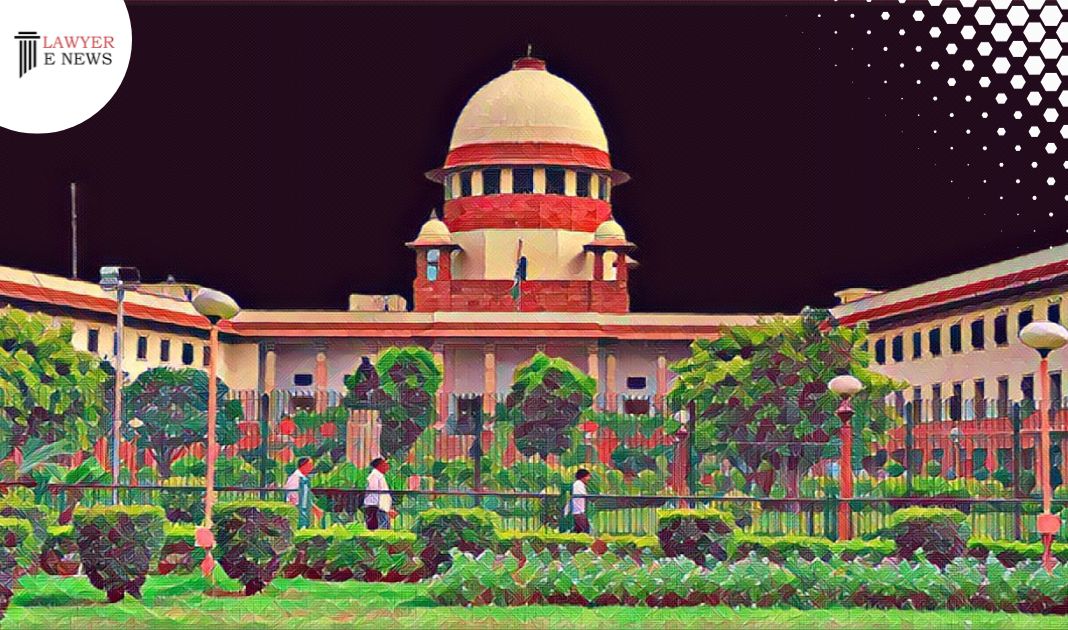-
by Admin
16 February 2026 1:47 PM



In a significant ruling, the Supreme Court of India has underscored the crucial role of providing permanent addresses in labour law disputes. The Court made this observation while delivering its judgment in the case of M/s. Creative Garments Ltd. vs. Kashiram Verma. In a noteworthy statement, the Court stated, "Effective relief can be granted to a worker only if the permanent address of the workman is furnished in the pleadings."
The case pertained to the reinstatement and back wages of Kashiram Verma, who had been directed by the Labour Court to be reinstated with continuity of service and full back wages. However, despite numerous attempts to serve Verma, including through registered post and courier, he failed to report for duty and did not provide his permanent address. The Court noted that the respondent's conduct indicated a lack of interest in employment, leading to the decision to set aside the award of the Labour Court.
Recognizing the significance of permanent addresses, the Supreme Court highlighted the need for parties in labour law disputes to furnish their permanent addresses for effective relief and the service of notices. It referred to various laws and rules, such as the Payment of Wages Act, Workman Compensation Act, Industrial Disputes Act, Minimum Wages Act, Payment of Gratuity Act, and associated rules, all of which require the mention of permanent addresses.
Moreover, the Court expressed hope that the enforcement of the recently consolidated labour laws into four Codes by Parliament would lead to future rules ensuring the provision of permanent addresses in labour law disputes. The four Codes include the Wage Code, Social Security Code, Occupational Safety, Health and Working Conditions Code, and The Industrial Relations Code.
The Supreme Court's ruling serves as a crucial reminder for parties involved in labour law disputes to provide their permanent addresses, enabling effective resolution of grievances and ensuring proper service of notices. The decision aligns with the ongoing efforts to streamline and strengthen labour laws in India, with the consolidation of multiple statutes into four comprehensive Codes.
Date of Judgment: 16th March 2023
M/s. Creative Garments Ltd. vs Kashiram Verma
